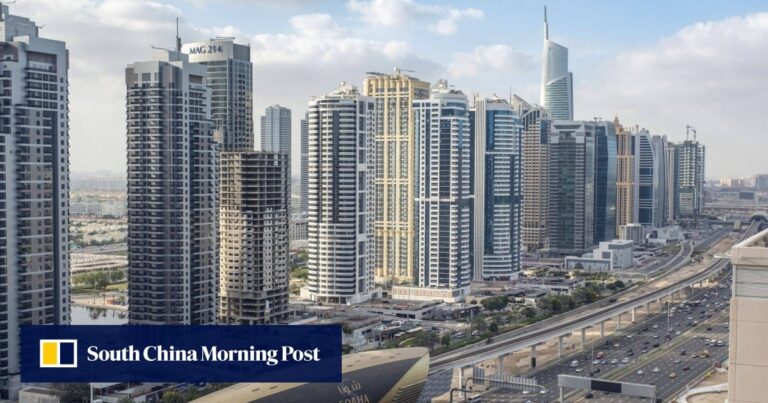Elliott added that Savills is receiving around 250 enquiries per month from Hong Kong about Dubai properties this year – about the same number as it received in the entire year.
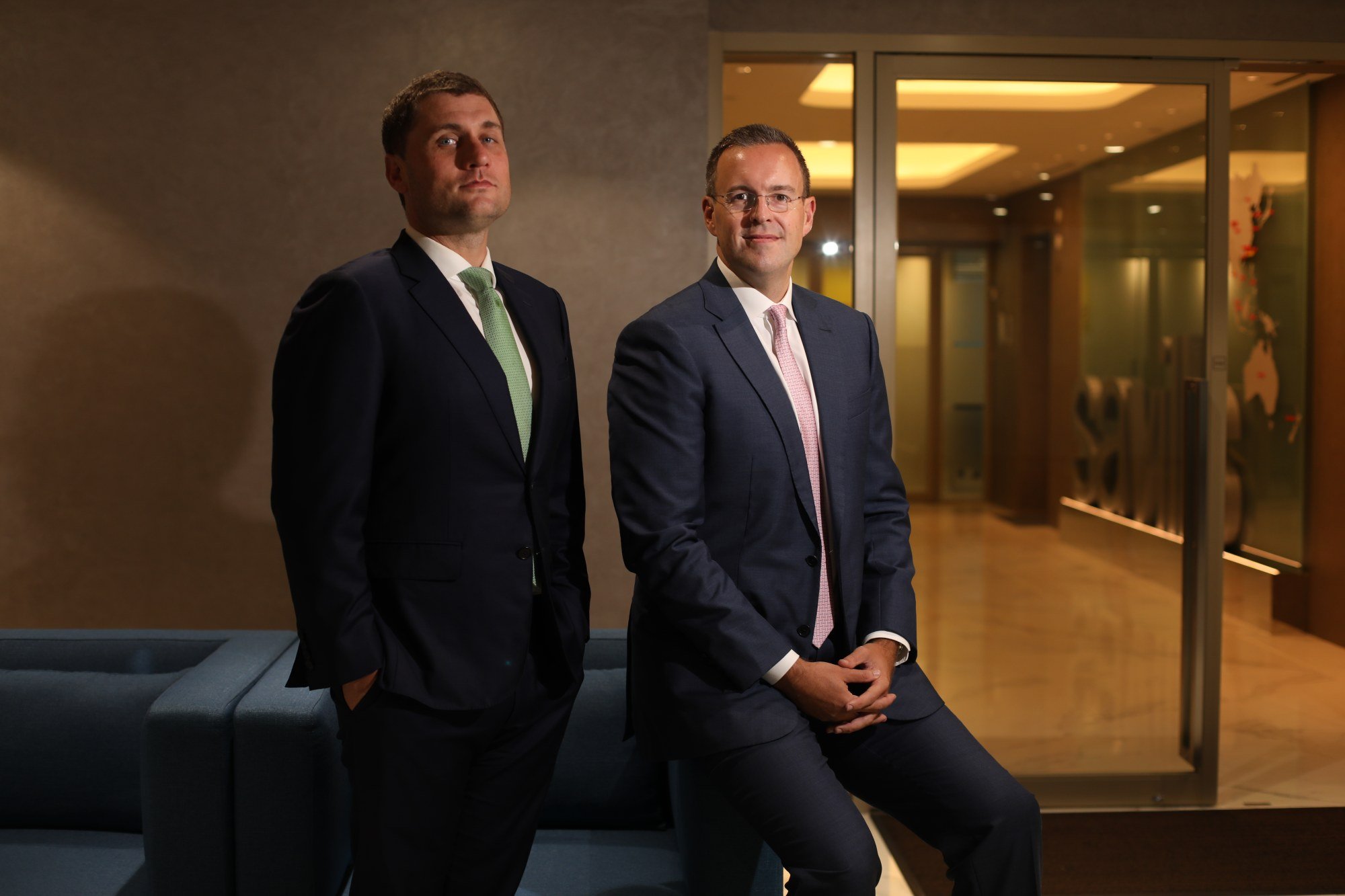
Strong demand for residential property in Dubai is reflected in soaring house prices, which rose 70 percent last year, according to Andrew Cummings, head of residential property for the Middle East at Savills, which predicts growth of 7 percent this year.
Faisal Durrani, partner and head of research for the Middle East and North Africa at Knight Frank, said luxury homes in Dubai were becoming increasingly attractive to the wealthy.
Dubai saw 105 luxury homes sold in the first three months of the year, closing in on last year’s record of 431 home transactions worth more than $10 million and surpassing New York and London.
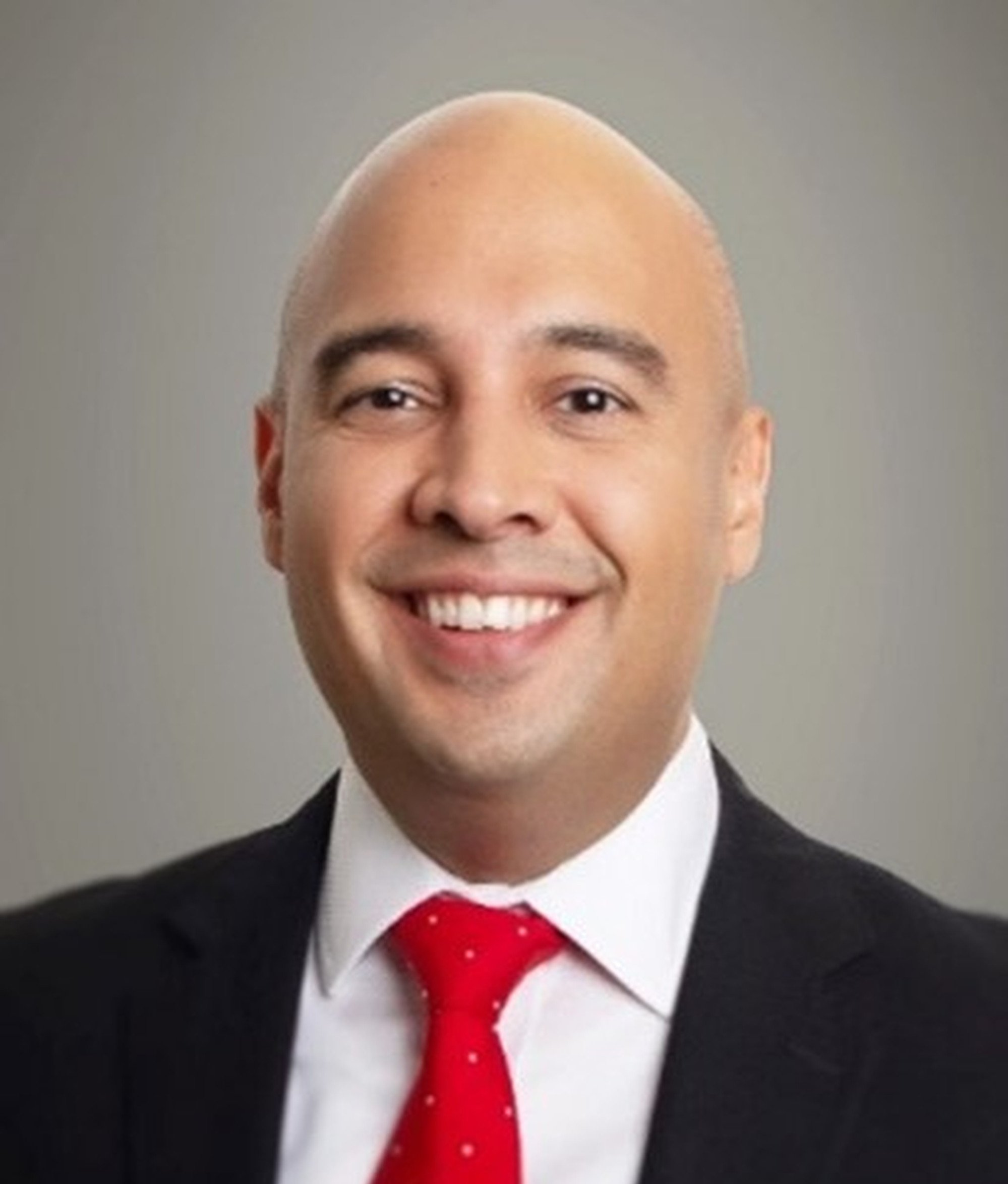
Several notable recent property sales have involved Chinese buyers.
Cummings visited Hong Kong last week to meet around 50 potential buyers interested in homes in Dubai, while Knight Frank met with 30 Chinese investors from cities including Beijing, Shanghai, Wuhan and Qingdao, Durrani said.
“Our survey found that 23 percent of ultra-high net worth individuals — those with assets of more than $20 million — are ready to spend more than $5,000 per square foot on branded residential properties in Dubai,” he said.
“We just sold our most expensive unit at $2,900 per square foot. This shows how much room there is in pricing branded housing units and how much more branded housing the city can absorb.”
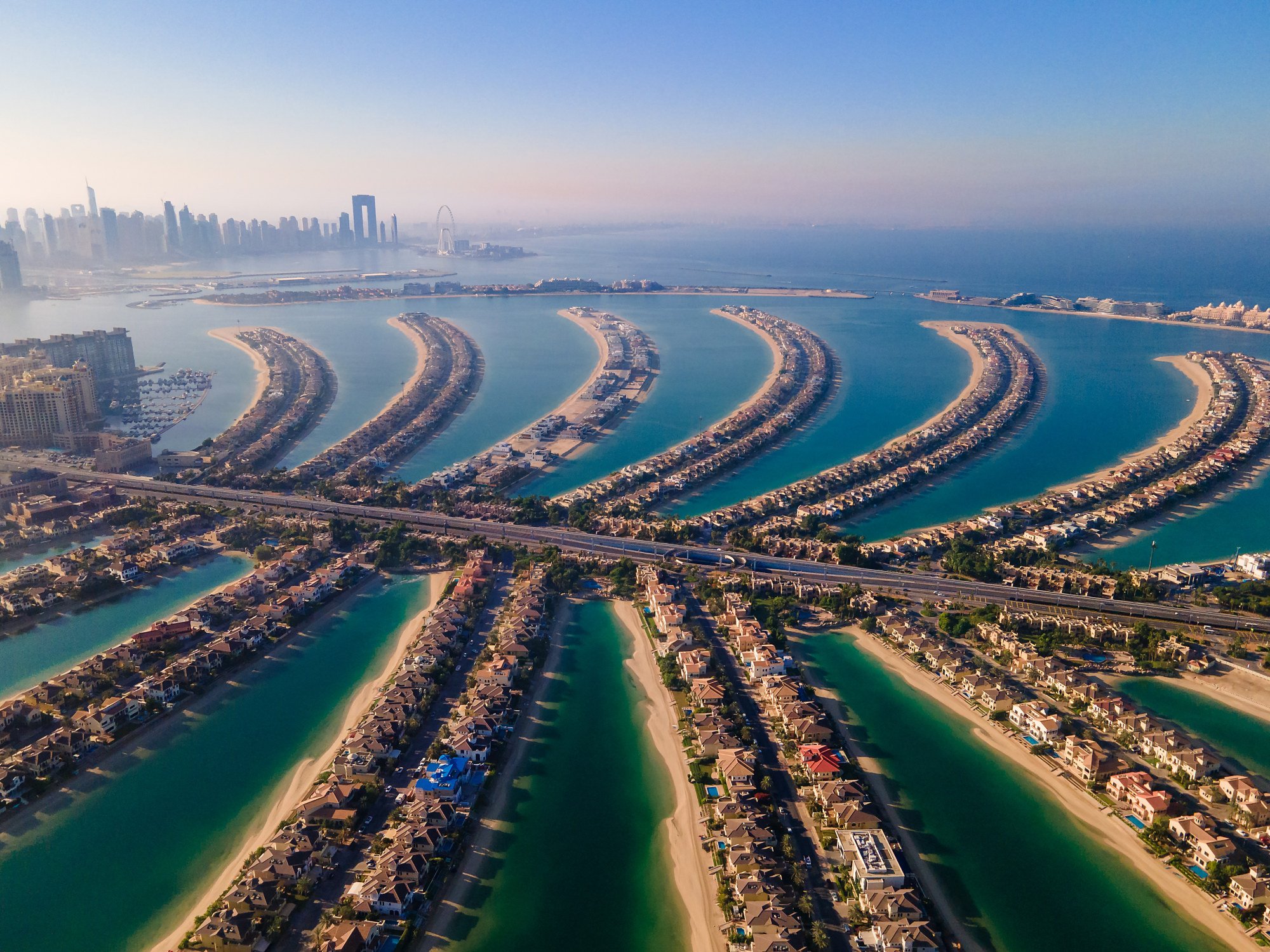
According to data cited by Savills, Chinese currently account for just 10 percent of residential property transactions in Dubai, but the number of Chinese companies based in the city is increasing.
The number of Chinese companies registered with Dubai Chamber of Commerce and Industry in the January-March quarter rose 65 percent from a year earlier to 1,560.
According to Knight Frank, less than 5% of space in the city’s office buildings is available and most of the estimated 2.3 million square feet of new space coming to the market over the next five years has already been pre-subscribed, with numbers set to fall further.
Some foreigners are taking advantage of the UAE’s investment residency scheme, which gives them the chance to obtain a long-term visa by purchasing a property worth at least 2 million dirhams ($544,000), either paid in full or secured by a loan from an approved local bank, according to a government website.
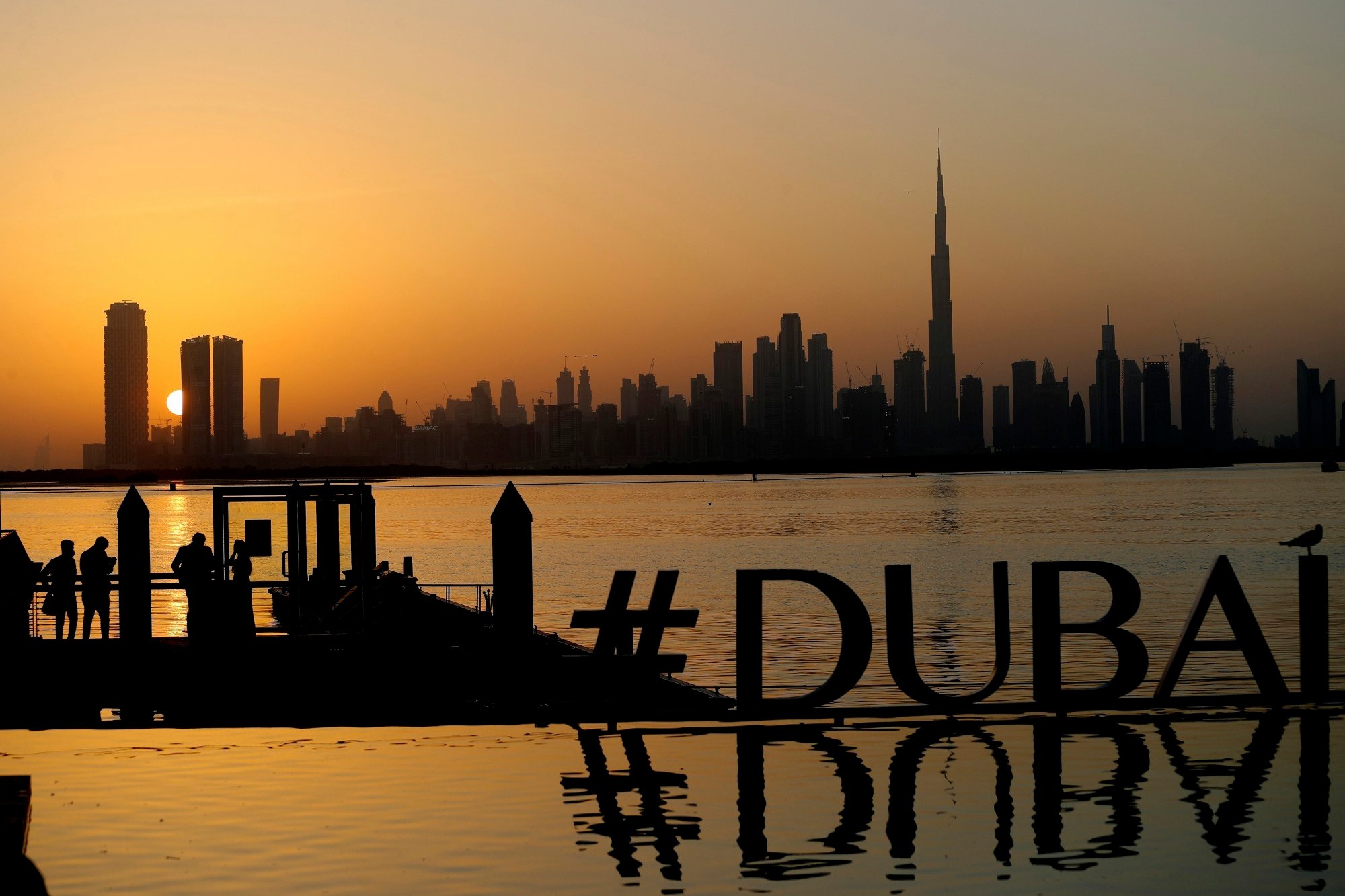
Dubai issued 158,000 so-called golden visas last year, according to data cited by real estate technology platform Juwai IQI, far surpassing the 13,000 that Portugal has issued since launching its own program in 2012.
Dubai expects its population to more than double from the current 3.7 million to 7.8 million by 2040.
Agents say the city’s emergence as an investment destination is largely due to government efforts to improve its infrastructure and international status.
Authorities have unveiled a $1 billion plan to position Dubai as the world’s fourth-largest financial centre, a position currently held by Hong Kong, Durrani said.
The Gulf city is also upgrading its transport network and plans to invest 128 billion dirhams in a new passenger terminal that will expand Al Maktoum International Airport fivefold, making it the largest in the world.
The UAE’s national rail network, Etihad Rail, recently completed construction, links Dubai with the country’s main trading, manufacturing and population centres, stretching all the way to the borders of Saudi Arabia and Oman.
Cummings said the government had committed to investing 80 billion dirhams in improving drainage systems following the unprecedented rains and floods that hit Dubai last month.
“Dubai is investing for the long term and that’s why the direction Dubai is heading is so positive,” he said.
Despite these benefits, investing in Dubai real estate comes with its own risks, including the local currency being pegged to the US dollar and the possibility of escalating regional conflict in the Middle East.
“As with any investment, there is a risk that prices may fall, costs may rise or regulations may change in the future making the area less attractive to live in or invest in,” said Kashif Ansari, co-founder and CEO of Juwai IQI.

